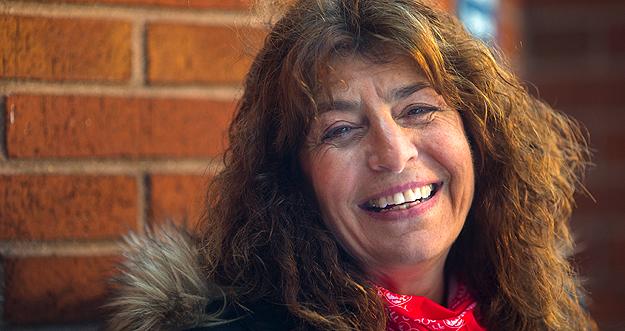Can nurses heal us all?

As the nation reels amidst the fallout from the most contentious election in history and the most devastating pandemic in memory, how do we heal as a rational community in the face of the continued threat of COVID, its unknown long-term sequelae, possible future pandemic strains, vaccine distribution, and assorted conspiracy theories, many without an ounce of evidence?
Our kids are disoriented, based on legitimate fears of a medical situation they can’t fully understand, and the absence or severe limitation of social interaction, school normalcy and familial relationships. Families are torn asunder by the economic crisis, additional fears of contracting the virus and physical separation with older or vulnerable relatives. Hostile political differences among families and friends have driven a wedge that may appear to be unrecoverable.
Building a better world
The differences in perception about systemic treatment of people of color in America, the role of the criminal justice system and the need for the “uncomfortable” introspection and discourse that must take place, along with long-needed institutional changes has polarized the country in many areas. A silver lining here is that is has also brought people of various backgrounds together, mostly among our youth.
Youth also leads in the clear determination to demand a better world: a safer community — free from violence, a cleaner and sustainable planet, equity in access to quality education and achievable, meaningful careers that allow them to raise a family in comfort and stability.
Some NYSNA members have questioned the role of unions and our “political involvement.” Given the above scenarios, how can anyone expect to see the changes needed to heal our nation without political involvement? Sitting back and pretending we shouldn’t get involved in players and policies that determine nursing practice and health care in general, or those that impact the social determinants of health, or laws that affect workers and unions, or agencies that regulate workplace and community health and safety, directly contradict our obligations as patient advocates and, to be blunt: common sense.
Perception vs. fact
As professionals based in the sciences and the principles of humanitarianism, we have an obligation to research issues and deliberate BEFORE we condemn or glorify people or programs. Social and mainstream media have created a culture of “anything goes.” We can now pick and choose what to believe and run with — with impunity. That is dangerous because it opens us up to be manipulated even as we think we are making our own decisions.
The fact that we have reached a point in which many people say, “I don’t know what to believe” is a sign that such manipulation has become successful. Questioning everything carefully is not a bad thing; believing anything casually is not a good thing. We are supposed to be an educated population. Critical thinking requires drawing on experience, investigation, healthy skepticism and objective social interaction. This is the time in our national lives that demands that we “walk in others’ shoes.”
Radical ideas?
Our union, and many organizations declare that every human being has the right to health care, that every patient deserves a nurse who has a manageable load, that no one should go hungry, that families have the right to live in decent affordable housing, that education is a right not a privilege, that we have an obligation to save our planet from destruction, that workers should have a say in workplace policies and that communities should have a say in neighborhood conditions. These are humanitarian and moral considerations, consistent with the Nurses Code of Ethics, not extra-terrestrial concepts. These are not radical ideas. These are the foundations of a civilized society, based on egalitarianism and compassion.
Nurses are healers. We can play a role in our workplaces, families, communities, parishes and unions in promoting healing ideas and practices. Sitting back in the sidelines may be “comfortable” for the moment, but will prove to be ultimately worse than “uncomfortable.”
People trust us for good reason. Can we translate the way we care for our own patients into the way we care for our society?
Comfort zones are like prisons. We need to break free.